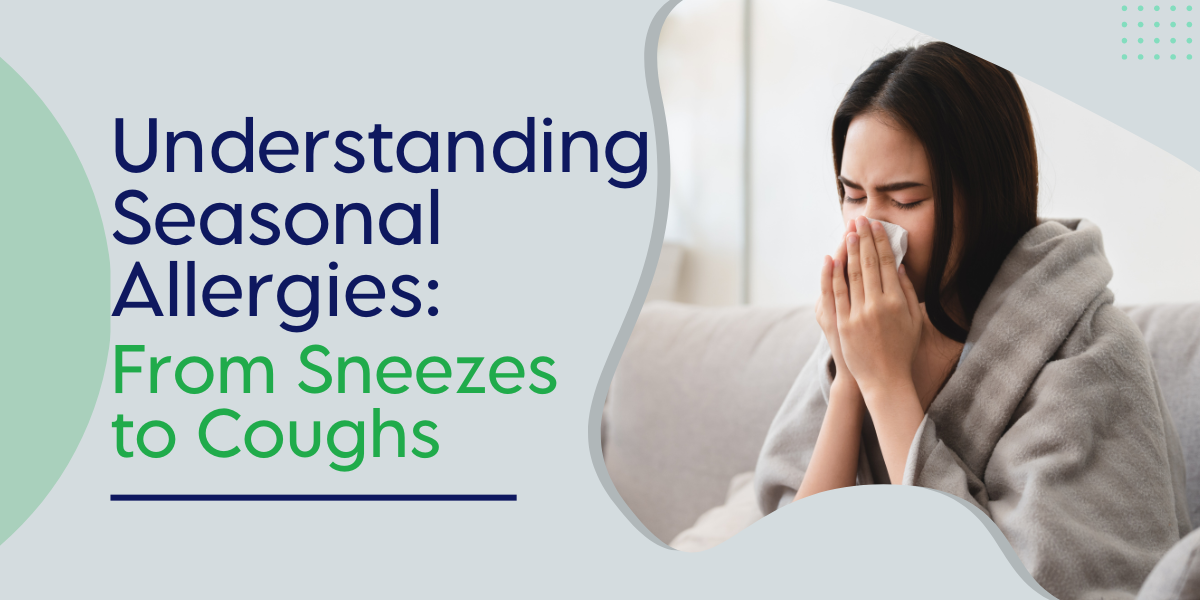Healthy skin is not just about beauty—it’s a reflection of overall wellness. Glowing, hydrated, and clear skin often indicates a balanced lifestyle and proper self-care. If you’ve been wondering how to keep skin healthy, you’re not alone. With pollution, stress, and hectic routines, our skin faces numerous challenges every day. The good news? You can protect and enhance your skin’s health with a few simple yet powerful steps.
1. Hydrate Inside and Out
Water is your skin’s best friend. Drinking at least 8 glasses of water a day helps flush out toxins and keeps your skin hydrated from within. Dehydrated skin can appear dull, tight, and flaky. In addition to internal hydration, always moisturize your skin—whether it’s oily, dry, or combination. Choose a moisturizer that suits your skin type and apply it daily, especially after cleansing.
2. Follow a Gentle Skincare Routine
Cleansing, toning, and moisturizing should be your basic skincare ritual. Use a gentle cleanser that removes dirt and excess oil without stripping your skin’s natural barrier. Avoid using harsh scrubs or over-washing your face, which can lead to irritation and breakouts. Consistency is key—stick to a routine and give your skin time to adjust.
3. Eat Skin-Friendly Foods
Your diet plays a major role in skin health. Incorporate foods rich in antioxidants, omega-3 fatty acids, and vitamins A, C, and E. Berries, leafy greens, nuts, seeds, fatty fish, and citrus fruits help nourish your skin from within. Limit sugary and processed foods, which can trigger inflammation and acne.
4. Get Enough Sleep
Beauty sleep is real! While you sleep, your body works to repair and regenerate skin cells. Lack of sleep can lead to dark circles, puffiness, and a tired complexion. Aim for 7–9 hours of quality sleep every night. Create a relaxing bedtime routine and avoid screen time at least 30 minutes before sleeping.
5. Protect Your Skin from the Sun
UV rays can damage your skin, causing premature aging and sunburn, and increasing the risk of skin cancer. No matter the weather, always apply a broad-spectrum sunscreen with SPF 30 or higher. Reapply every 2–3 hours if you’re outdoors. Wearing a hat, sunglasses, and protective clothing also helps shield your skin from harmful rays.
6. Stay Active and Manage Stress
Exercise increases blood circulation, which helps nourish skin cells and keep them vital. Regular physical activity can also reduce stress, a common cause of skin issues like acne, eczema, and psoriasis. Practice stress-relieving activities like yoga, meditation, or deep breathing to promote both mental and skin health.
7. Avoid Smoking and Limit Alcohol
Smoking narrows the blood vessels in the skin, reducing oxygen and nutrients. It also breaks down collagen and elastin, leading to premature wrinkles. Excessive alcohol can dehydrate your skin and cause inflammation. If you’re serious about learning how to keep skin healthy, minimizing these habits is a must.
8. Don’t Skip Regular Skin Checkups
Visit a dermatologist at least once a year or whenever you notice unusual changes like moles, rashes, or persistent breakouts. Professional advice and early detection can greatly affect your skin’s long-term health.
Final Thoughts
When it comes to how to keep skin healthy, there’s no magic trick—just a mix of smart lifestyle choices, consistent care, and protective habits. By nourishing your body, managing stress, and treating your skin gently, you’ll not only improve its appearance but also boost its resilience over time. Start today, and your skin will thank you tomorrow.





